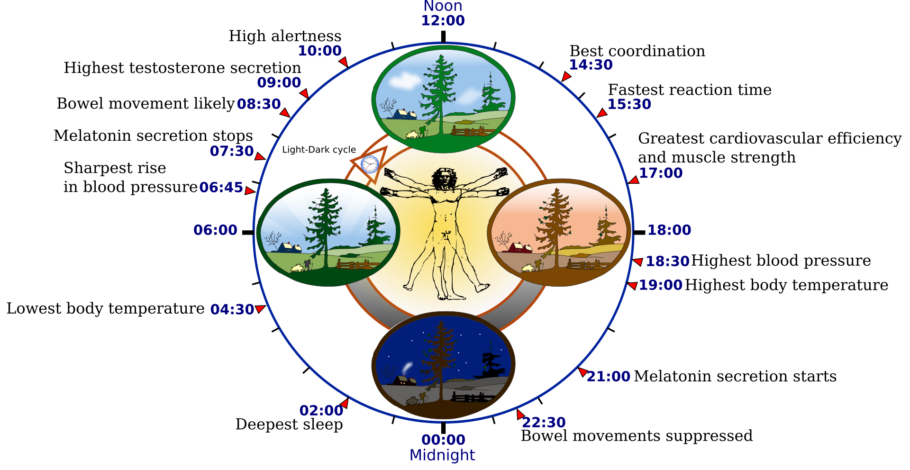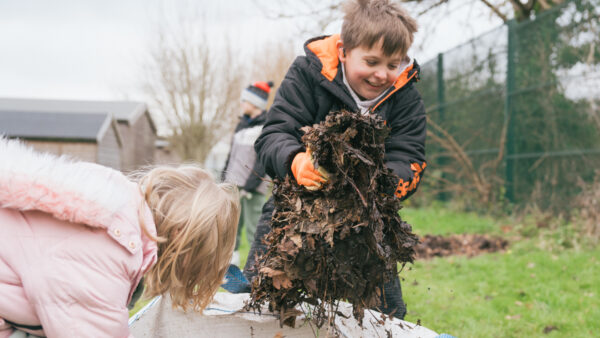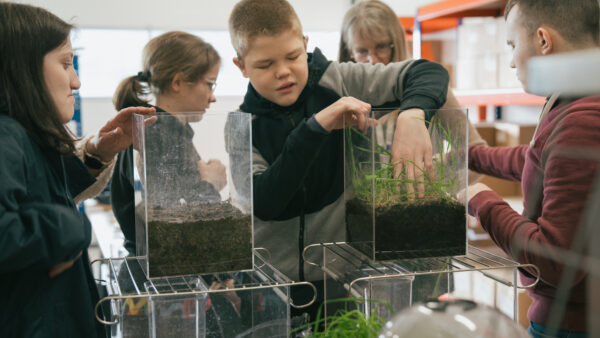By Wendy Brewin
Everyone occasionally has a bad night’s sleep, it becomes a real health issue however when lack of proper sleep occurs on a regular basis. It can lead to issues such as poor concentration, depression and high blood pressure.
What are the causes of poor sleep?
We all know that anxious thoughts can keep you awake. Depression and mood changes can also lead to insomnia and reduced hours of sleep, as can a change in your sleeping timetable. You may have been a regular “It’s 10.30pm I’m off to bed” person but now find that some tasks mean than you’re not crawling under the sheets until 11.30pm or later.
Lifestyles can impact on sleep; unhealthy diets, lack of exercise, too much alcohol, nicotine or caffeine can have a negative impact on your sleep.
Be aware that your sleep can be interrupted by someone else’s poor sleeping pattern, this is often the case if you are caring for someone diagnosed with dementia.
So why is sleep so important?
According to the NHS, good sleep boosts your immune system and helps you maintain a stable weight. You are less likely to get diabetes with a good night’s sleep and will generally be less irritable. Healthy sleep helps increase your sex drive (ahem…let’s move on!) and potentially reduces the risk of heart disease. Your body rejuvenates and repairs itself whilst you’re sleeping.
Getting a good night’s sleep is easier said than done and not every piece of advice or suggested solution fits every person. You need to try different things and find the solutions that help you the most.
Through the work we do with people living with dementia and their carers and families, we observe and have conversations about the positive impacts of spending time outdoors, connecting with nature. Carers talk about how life is less stressful after they’ve spent time outside, whether just enjoying nature or doing small activities alone or with their loved one. Based on these conversations and observations we have put together a few ideas that might help you reduce your stress and help you get a better night’s sleep.
Fresh air
We breathe it in every day and rarely stop to think about the benefits it brings to our health. Roughly 20% of the air we breathe is oxygen; vital to our body’s functions. Did you know that the brain is one of the biggest users of oxygen in our bodies? It uses almost three times as much oxygen as our muscles because it needs a huge amount of power to work and to heal. One of the brain’s functions is to regulate our body clock also known as the Circadian Rhythm and this includes our sleep. Fresh air therefore is an important step in helping us to maintain our body’s rhythms such as waking and sleeping.

It can sometimes feel like a luxury to spend time outdoors but even a few minutes each day is better than none. Go for a walk, if you can. Yes, it’s easier to do in the months of spring and summer when the daylight lasts longer, but even in autumn and winter you can get a short walk in the morning or early afternoon. If that proves difficult then try to spend a few minutes just pottering around your garden each day. Spending just 10 minutes outside tidying up the borders, dead-heading flowers or sowing seeds will give you some benefit. Raking up those autumn leaves or topping up the bird feeders in winter all help to provide opportunity to benefit from fresh air. Could you add a couple of minutes to your bedtime routine? Switch off the TV and before you lock your door why not spend a couple of minutes standing on your doorstep taking in a few deep breaths of fresh air. Check out that night sky or listen to the sounds around you. If you can, sleep with the bedroom window open. If you can’t, because of traffic noise etc., then try leaving a window open in another room and keep your bedroom door ajar.
Nature sounds
When you’re outside you’re likely to hear some of the lovely relaxing sounds that come with being in nature, such as bird song, the wind whistling through leaves, a babbling brook, people yelling in the street, dogs barking, car horns honking, next door’s radio blasting… Ok, so perhaps the last few aren’t conducive to a restful mind for most of us, but the sounds of nature can help us to relax. They bring our anxiety levels down and generally help us to feel better in ourselves, all of which helps us to sleep better at the end of the day. They can help indoors too. There’s a multitude of sounds that can be downloaded onto the computer for free, or there are nature-based CDs as well as apps for smart phones.
Physical exercise
Low level exercise can be incorporated into daily routines because you’re probably exercising without realising it. We’ve already mentioned walking and short outdoor activities briefly, these can all be taken into consideration when thinking about daily exercise. Outdoor tasks such as gardening, hanging out the washing and sweeping the path can be counted. For higher levels of exercise try doing exercise in the garden. You get the benefits of all our suggestions: fresh air, nature sounds and exercise! If you’re looking for something that has a social side to it as well it’s worth looking locally to see if there are any outdoor activity groups that are designed to support people living with dementia and their carers. Our own Creative Spaces outdoor activity clubs in Cornwall support people through simple walking groups that are led by the members with support from our volunteers. They help those diagnosed with dementia and their partners. People support each other through shared experience and everyone gets to spend a couple of hours out of the house socialising and getting some exercise.
If you are a carer in Cornwall you might be interested in attending one of our carers support workshops to get more hints and tips on health and wellbeing.



